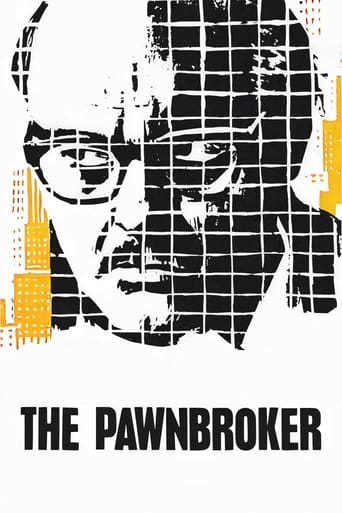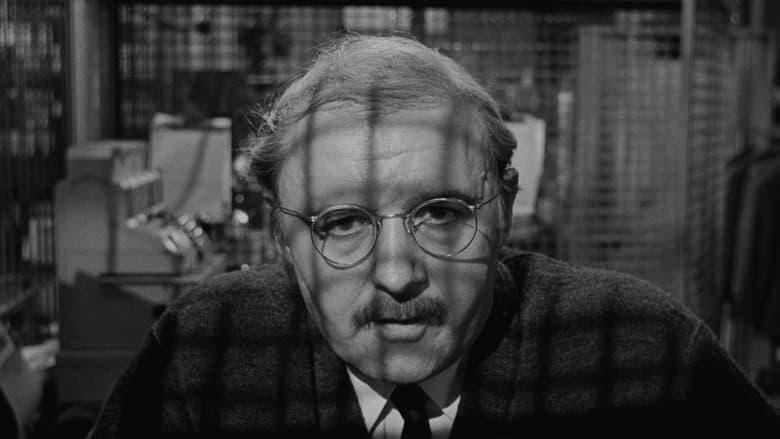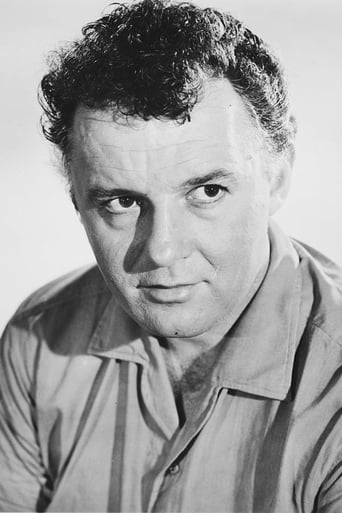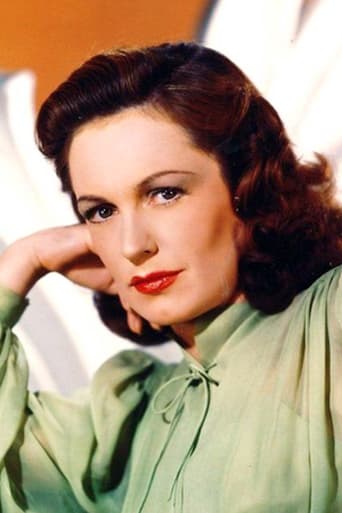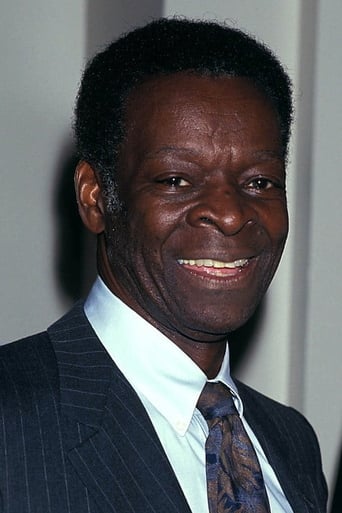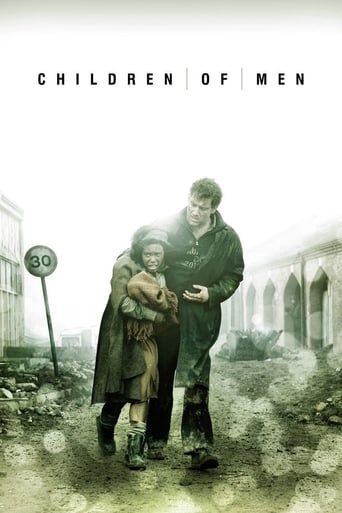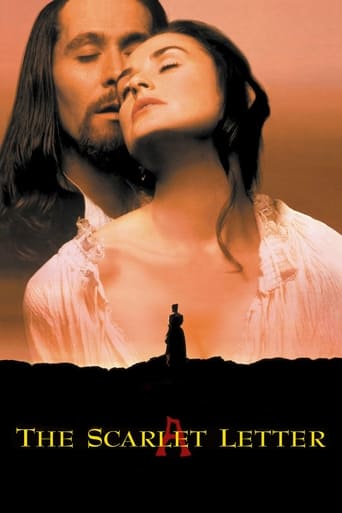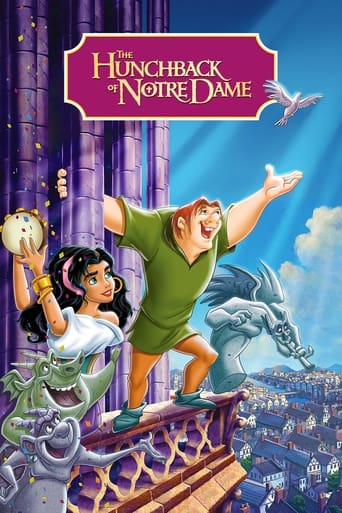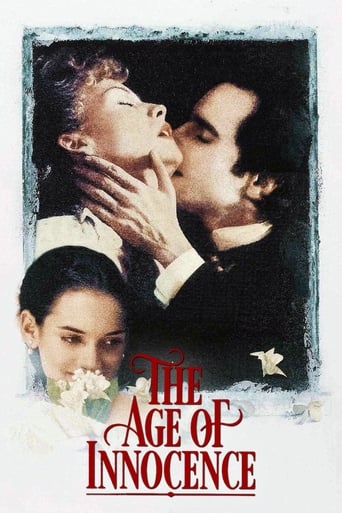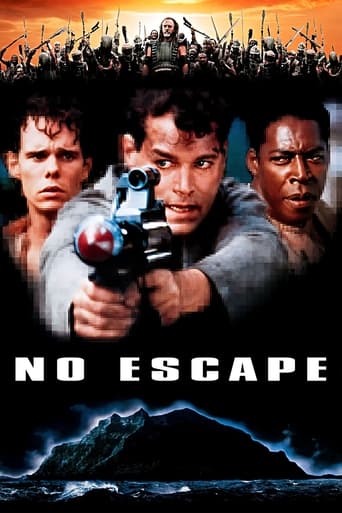The Pawnbroker (1965)
A Jewish pawnbroker, a victim of Nazi persecution, loses all faith in his fellow man until he realizes too late the tragedy of his actions.
Watch Trailer
Free Trial Channels
Cast


Similar titles
Reviews
While it doesn't offer any answers, it both thrills and makes you think.
Although I seem to have had higher expectations than I thought, the movie is super entertaining.
It’s fine. It's literally the definition of a fine movie. You’ve seen it before, you know every beat and outcome before the characters even do. Only question is how much escapism you’re looking for.
I enjoyed watching this film and would recommend other to give it a try , (as I am) but this movie, although enjoyable to watch due to the better than average acting fails to add anything new to its storyline that is all too familiar to these types of movies.
When TCM host Robert Osbourne introduces this film as a "dark drama," he is seriously understating the case.This stark tale told in black-and-white, evocatively set in early-60s Harlem, introduces a character who is tormented by devastating memories and losses from the Holocaust.As a pawnbroker, Sol Nazerman (Rod Steiger) embodies the same role his Nazi overseers once did -- he's approached by supplicants who live or die (though only economically) at his pleasure. Just like the Nazis who bashed in his head and violated his wife, Nazerman couldn't care less how other people feel, no matter how desperate their circumstances. It's as if, after what he has endured, no one else's pain has any significance."You take a dream and give a dollar," says Ortez, a young street thug trying to reform, whom one-time professor Nazerman ambivalently teaches the pawn trade.Nazerman is tortured by survivor's guilt. Who was more courageous -- the suicidal friend, who ran up against a barbed-wire fence at Auschwitz, or he -- who managed to keep on living after losing the people he loved? When Nazerman seeks a little respite in the bed of his dead friend's wife, her father chides him as a coward. And when the old man finally expires, Nazerman has no word of comfort for his consort. ("To hell with your crying!") When local do-gooder Marilyn Birchfield tries to offer Nazerman a sympathetic ear, he dismissively stereotypes her. "All I ask is for peace and quiet!" he says. "People like you will not let me! Please, stay out of my life!" Despite Nazerman's commute from the Long Island suburbs, he has traded one world he can't control for another. The litter-strewn environs of his pawnshop are rife with danger, threat, and coercion. Admist the squalor, Nazerman doesn't discriminate -- he sees everyone as "scum, rejects." "You's a hard man," says one customer. "God pity you." Nazerman is tortured by memories and it is only in these moments that he can show a little tenderness, giving someone a few dollars more than she asks at the pawn counter.As the anniversary of some grim event of his past rolls around, Naderman wishes to mark the date. "I didn't die," he tells Miss Birchfield. "Everything that I loved was taken away from me and I did not die. There was nothing I could do." So bitter is Nazerman's self-recrimination that he cannot take the hand extended by Miss Birchfield, the one person on earth who wants to listen and understand.When he rejects Ortez, who so appreciates him as a mentor -- "You're nothing to me!" -- it's as if he plants the seeds of his own destruction. Maybe Nazerman can take the route of the suicidal friend and force the system to end his life once and for all. Yet the whole thing backfires and it's Ortez who sacrifices for Nazerman. Is the old man's look of agony a sign of sympathy for Ortez or just more agony over having been betrayed? In the end we see Nazerman in the Jesus-like role when he makes a crucifying gesture. Man crucifies himself when he does not share or speak. So much around him cannot be controlled but he makes things worse when he pulls away from others and becomes embittered. End note: This powerful film is based on a novel by Edward Lewis Wallant, who, I read on Wikipedia, died at age 36 of an aneurism. Wallant had lived in New Haven, CT, and often taken the train in to New York to visit jazz clubs, perhaps inspiring the great score in this film by Quincy Jones. Wallant had been drawing comparisons to other great Jewish writers like Roth and Bellow and had won a Guggenheim Fellowship earlier in the year he died.
With over 200 narrative films now made about the Holocaust, few have dealt with what it means to live with the guilt of survival as The Pawnbroker does. The Pawnbroker is not only a brilliant portrayal, it is also simply one of the great films, and one that anyone interested in film should view.Rod Steiger's Nazerman is a man who has worked out how to bargain for crumbs of security in every aspect of his life. He is as emotionally blank as it's possible to be in order to deal with his repression of his memories. It is a superb portrayal by Rod Steiger - we want to sympathize with Nazerman, but are, and should be, pushed away by his lack of emotions - yet, we do understand how this is the only possible response. The whole cast give superb performances - the film has a rhythm in its speeches that draws us in, something Lumet and Billy Wilder share - Friedkin's and Fone's words are the complex score to the images - and the Quincy Jones score is a hard bebop accompaniment that augments. As the film develops we jump cut from a very grimy New York to some of the most powerful images of the camps known on film - they are not overtly horrific - but each image impacts - and impacts powerfully. Finally, inevitably, the floodgates break...Forty years after its making, The Pawnbroker remains a film that has the ability to affect the viewer deeply - it is simply a superb film and one that deserves its excellent reputation.
A powerful but grim movie about a Harlem pawnbroker terrorized by memories of the Nazi death camps, this is an excellent drama enhanced by a brilliant cast, on-location shooting in New York and at the end, a surprisingly strong note of compassion. As the movie opens, we see Rod Steiger unwinding on a lawn chair in post-war Long Island, with its tidy homes and lawns. His sister in law tries to talk him into a trip to Europe but the morose Steiger has no use for a trip that would only remind him of the stench of death. He has flashbacks to the horrors he endured. These scenes continue to mar his life as we see men and women being brutalized and witness their barbed wired surroundings as prisoners of Nazi Germany. Steiger, as the death camp survivor, delivers a superb performance as the man haunted by the memories of his wife and children whose lives were cut short while he was spared, only to live with the bitterness that made his own life so sad. The customers at his pawn shop in Harlem get the cold, calculating treatment from this broken man as they try to cope with their own meagre means of subsistence. Geraldine Fitzgerald plays the role of a social worker who tries to befriend him and meets with the same cold shoulder. I have seen this actress in other movies but was never so impressed with her, as in this movie. Towards the end, Steiger turns to her for company and understanding, as he deals with the thugs he allows to use his shop for their own nefarious deeds in exchange for money. A young Puerto Rican assistant tries to learn the trade from his boss. Steiger takes the time to coach him and seems to get some satisfaction from this relationship. Only much later does he realize how much the assistant cared for him. The customers are mild, gentle people trying to eke out whatever they can get from this hard, bitter man. The film-making conveys great realism. We see Steiger walk through Times Square with the marquee for Leslie Caron in the L-Shaped Room, one of the movies of the time. We hear the rumble of the elevated train as it makes its way through the neighborhood. The character actors in supporting roles are excellent and add to the overall impact of this drama.This movie is not about the Holocaust as such, but the viewer can see the impact of the horrors on one man and how it affected his life and those around him. The emotional trauma did not allow him to respond to the acts of kindness that he received. Finally, he had to deal with one heroic deed that was completely unexpected. How he carried on, we cannot know but we can see that his world did not completely reject him, although he tried to reject it. We can understand that he is a victim of a great atrocity.This movie was directed by the recently-deceased Sidney Lumet, who even Martin Scorsese said was the quintessential New York director. This movie takes a universal theme and gives it a great backdrop. This is one of the finest, realist films I have ever seen. A highly personal encounter with a great tragedy.
The Pawnbroker is directed by Sidney Lumet, has a screenplay by William Friedkin and Morton S. Fine and stars Rod Steiger, Geraldine Fitzgerald, Brock Peters and Jamie Sanchez.The Pawnbroker's emotional impact cries out loudly demanding to be felt,seen and heard.It features Lumet's usual brand of blistering and gripping dialogue,as well as a breathtaking central performance by Rod Steiger.Released in 1964 this is one of the first mainstream films to deal with the Holocaust.It doesn't dwell on the physical horrors of the camps,instead it's a hard hitting look at the emotional horror and devastation inflicted upon the survivors of those terrible crimes.In particular it focuses on how such horrors can cause the individual sufferer to dispense with emotion and block out the memories of the event in question. This of course can in turn cause even greater damage.New York in the 60's finds Concentration Camp survivor Sol Nazerman(Rod Steiger)running a successful pawnshop business ably assisted by young hotshot Jesus Ortiz(Jaime Sanchez).Sol has no emotion to invest in any of his customers(many of whom have no one else to talk to and just come to his shop for any kind of human emotional connection)or friends.It is coming up to the 25th anniversary of his wife's death and he is besieged by terrible memories of that time as if they were happening again fresh and new.Due to the horrors he saw which includes the death of his entire family he has blocked out the memories as best he can and has no faith left in the human race.This blinds him to the goodness and hope that happens daily around him.It's up to youth worker Marilyn Birchfield(Geraldine Fitzgerald)to try and awaken his buried emotions and help him reconnect with the world.She strikes up a tender friendship with him and partly succeeds in making him take another look at his situation.However it really takes the tragic death of someone close to him to fully make him see what he has wasted and lost all these years.That is Sol's real tragedy he has squandered the precious gift of life and joy.However it makes the viewer think what would we do in his situation?Is coming back to normal life really that easy after experiencing such pain?no of course it's not, that just makes us empathise with his plight even more. One of the most disturbing,clever and memorable moments in the film is when Sol is on a subway train and a memory of being on a crowded transportation train heading to a camp comes to him and past and present blend into one big moment of horror and terror and he suffers a panic attack.Rod gives one of the best performances of his career and through his truthful performance we share Sol's pain,terror and panic and like Marilyn desperately want to help him try and function easier in life.There's fine support from Geraldine Fitzgerald as the kindhearted Marilyn, Brock Peters is excellent as a local gangster and Thelma Oliver makes an strong impression as Ortiz's girlfriend/prostitute.Emotionally devastating and shocking,The Pawnbroker is an underrated film dealing with themes of prejudice,sadness and horror which in some parts of the world still happens today(will some of us never learn from the horrors of World War Two?).Impressive,meaningful and deeply affecting The Pawnbroker is one to watch.

